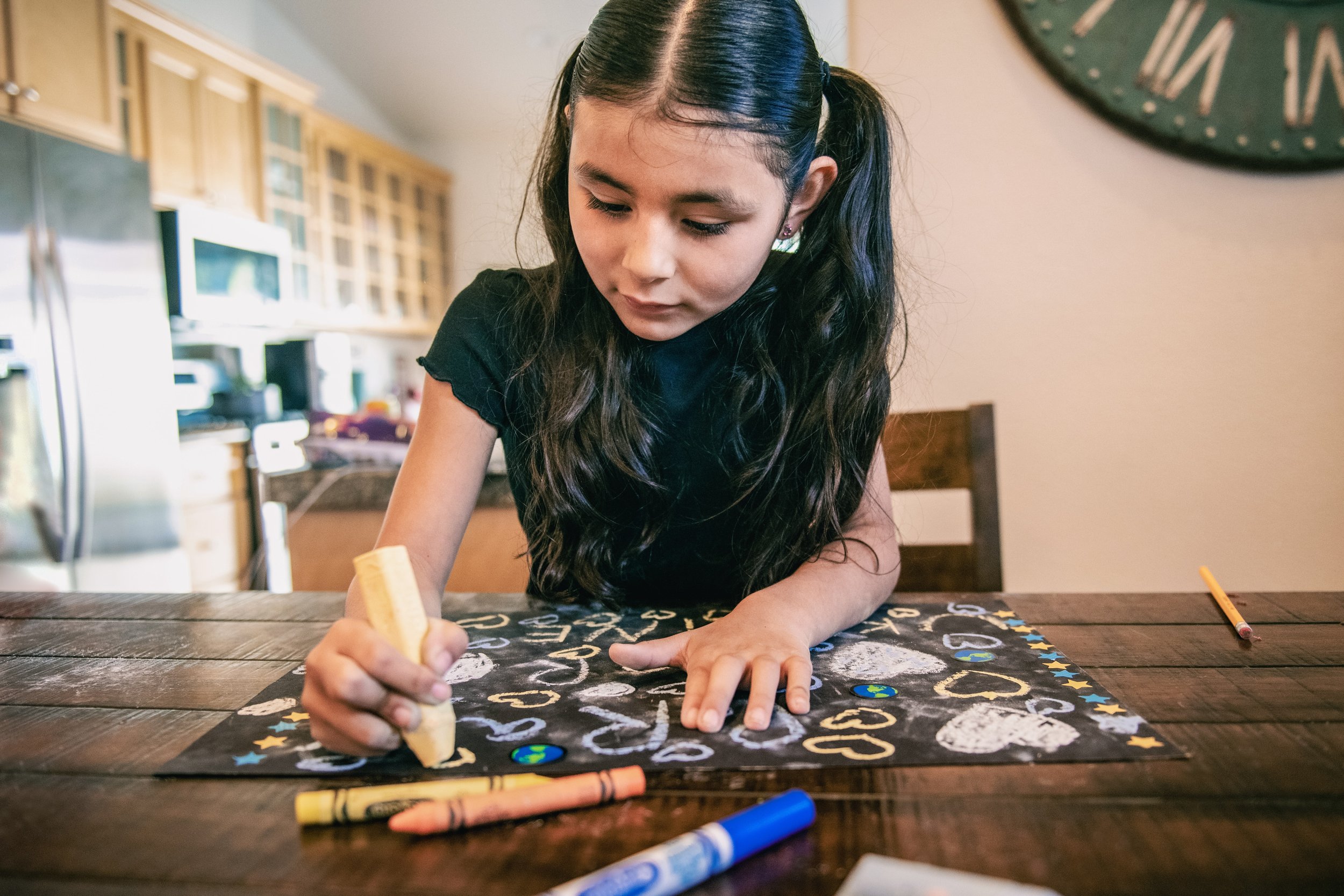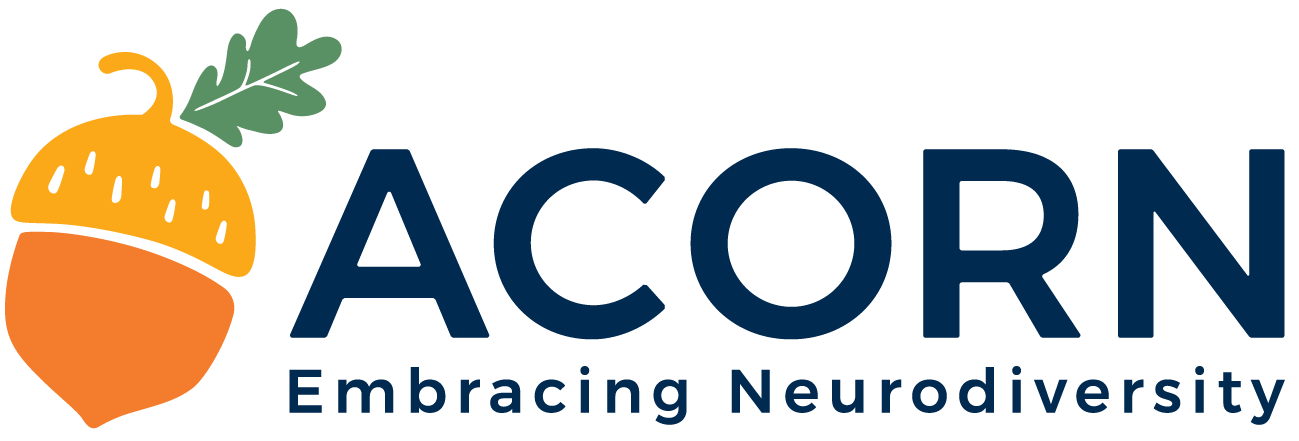
Occupational Therapy

Child’s Work = Child’s Play
Experience the Joy of Learning with Acorn's Occupational Therapy Team! Our occupational therapy approach revolves around your child's unique interests and needs, ensuring that they can engage fully in life's everyday activities with independence. Through playful activities and games, we foster development across a range of skills, making learning both effective and enjoyable.
Our occupational therapists can support you with:
-
Big movements, such as running, jumping, kicking a ball, using a tennis racquet, pulling up pants, or putting a jumper on.
-
More refined skills including using a pencil or crayon, doing up buttons or zips, twisting the cap off a drink bottle, taking the lid off a container, or building with blocks.
-
Daily tasks we do to participate in life including toileting, dressing, eating, bathing, and showering.
-
Colouring, drawing, using scissors, attention, planning, physical skills, toilet training, following instructions, and interest in activities such as puzzles or books.
-
Handwriting tasks, following instructions, participating in group activities, following routines, and staying on task.
-
Time management, planning, prioritizing, sequencing a task, and knowing where to start a task.
-
Adjusting and managing emotions, behaviours, attention and energy levels.
-
Organising sensory input and responding in a more adaptive manner.
-
We provide parent coaching that is neurodiverse-affirming so that you can understand your child’s needs and support them to reach their full potential.

When should I consider Occupational Therapy?
Toddler:
Your child is not reaching developmental milestones
Your child is more sedentary than their peers
Your child is fearful or avoids using playground equipment
Your child has difficulty playing with age-appropriate toys
Your child has difficulty manipulating toys, puzzles, crayons etc.
Your child appears distressed by certain types of sensory input e.g. loud, busy environments or scratchy clothing
Your child appears distressed during personal care routines e.g. brushing teething or toileting
School-age:
Your child has difficulty with fine motor tasks such as handwriting, cutting, colouring etc.
Your child has difficulty or appears distressed with personal care routines e.g. brushing teething, dressing or toileting
Your child avoids tasks and games that require gross and fine motor skills e.g. school P.E or craft activities
Your child has difficulty staying on task and completing school-work
Your child has difficulty keeping up with their other peers in class work and other developmental skills

“Play is often talked about as if it were a relief from serious learning. But for children, play is serious learning. Play is really the work of childhood.”
— Fred Rogers
